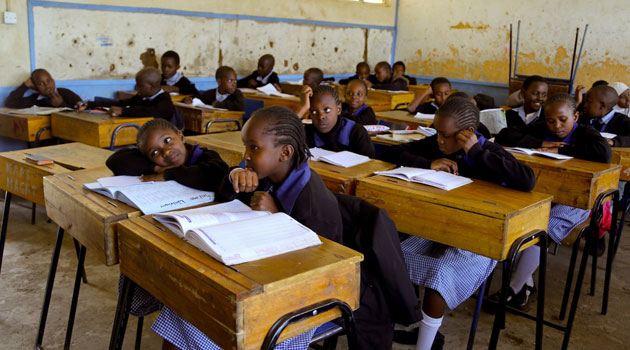Sne Masuku
The exodus of pupils from rural areas to schools in cities means about 300 schools in KwaZulu-Natal face closure.
The first phase of shutting down 143 schools has already begun.
The exodus has been blamed on teachers being left with almost empty classrooms at most schools in rural areas and some crime-stricken townships. The department declared such schools non-viable because of the low pupil numbers.
However, the process has resulted in some unforeseen complications. Sources say that in some cases, neighbouring schools have been combined, with two principals now reporting to the same school, neither of whom is sure who is in charge.
Compounding the problem, the teachers report to and take instructions from the principal they are familiar with, creating tension and chaos.
The Transformation of the Schooling System was introduced by former education MEC Senzo Mchunu. According to the system, primary schools with fewer than 150 pupils, and high schools with fewer than 200, were declared non-viable.
Some education stakeholders said they were not against the closure of such schools, but felt that the department should focus on making them more attractive and competitive by delivering quality education.
Nomarashiya Caluza, the provincial secretary of the South African Democratic Teachers’ Union, said the relocation of pupils to schools outside their communities left teachers without pupils to teach. She said the department was left with no choice but to merge affected schools.
“We were never against the closing of non-viable schools, but the processes are disadvantaging teachers. The merger creates leadership problems when principals have to leave their own schools and get displaced. Teachers are also disadvantaged when they get placed at schools far away from their homes,” she said.
Caluza said the department often did not follow the guidelines when closing non-viable schools.
Dr Rishigen Viranna, the DA spokesperson on education and education portfolio committee member, said that the department needed R100million to continue closing down non-viable schools because the department had to bear the cost of transporting pupils from one school to another if they were not close to each other.
Thembeni Madlopha-Mthethwa, the IFP spokesperson on education and education portfolio committee member, said the party was against schools closing.
“Schools bring community development. Parents move their children in search of better learning resources and quality education,” she said.
Madlopha-Mthethwa challenged the department to conduct research on what drove parents to remove their children from a school before taking the decision to close it.
“There are state-of-the-art schools that are being declared non-viable,” she said.
One such school, Manxayeni Primary in Jozini, northern KwaZulu-Natal had only three teachers teaching Grades R to 7. “It is impossible for three teachers to teach all the grades even if the classes are small. A school cannot be managed by three teachers,” said Madlopha-Mthethwa.
The merger between Gagisa and Mlamuli primary schools in Richmond in KwaZulu-Natal in 2015 had made the school ungovernable.
A teacher at the school, who did not want to be named, said there was no consultation before the merger, saying it had been imposed on them.
“Teachers have leadership battles. The school has never functioned normally. The principal was forced to resign due to the problems created by the merger,” she said.
Scelo Isaac Bhengu, president of the Educators’ Union of South Africa, cautioned the department to resolve teachers’ and community issues before shutting down schools.
Education department spokesperson Muzi Mahlambi said the department was trying to redress the imbalances of the past.
“Previously, schools were built in areas without consideration of the future growth in those areas. Due to new challenges facing our communities, their human settlement patterns have changed.”
He said the system engaged in a thorough process of consulting communities before effecting changes.
“Some of the factors that derail the process will be financial constraints, which may warrant transport and accommodation of pupils,” said Mahlambi.






